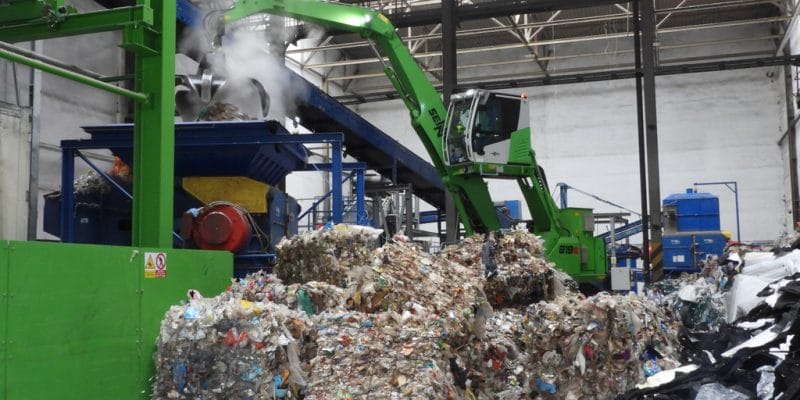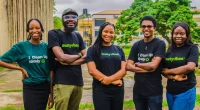Clean-Seas, a provider of waste management technology solutions, have been selected to build a waste-to-energy plastics plant using pyrolysis technology in Kinshasa, the capital of the Democratic Republic of Congo (DRC). The project aims to produce 96 MWh of electricity per year.
The plastic waste-to-energy project in Kinshasa can begin. On August 3rd, 2021, Hamden, the consultancy firm piloting the project in the capital of the Democratic Republic of Congo (DRC), announced the name of the company that will build the new plant. According to the agreement signed with the group’s managing director Manu Mabengo Tsumbu, Clean-Seas will also operate the future plant for a period of 30 years. The company provides technological solutions for waste management. The subsidiary of the Clean Vision Corporation group will use pyrolysis technology to recover plastic waste in Kinshasa. The process involves heating plastic waste to over 400°C in a first tank to obtain a synthesis gas. The fuel is then used to power electric generators.
Read Also – AFRICA: The continent is tackling the tide of waste that fouls the environment
In the DR-Congolese capital of 15 million inhabitants, the daily production of solid waste is estimated at 9,000 tonnes. Most of this waste is plastic. Clean-Seas plans to convert 200 tonnes of used plastics every day.
A $30 million project
The electricity produced by the future plant will be fed into the national grid. Clean-Seas will produce 15,000 litres of diesel fuel, 3,500 litres of industrial lubricants and three metric tonnes of coal. This will generate 70,000 metric tons of carbon credits in the city of Kinshasa. Clean-Seas will also train local staff to operate the plant.
Read Also – AFRICA: the circular economy at the heart of ecosystem preservation
The project developed in Kinshasa will also contribute to the fight against plastic pollution. Its full implementation will require an investment of US$30 million. The project will be financed by Clean-Seas with loans from development partners. The company is already in “active discussions” with suitable investors, says Dan Bates, Clean Vision Corporation’s managing director.
Inès Magoum






